This interview was originally published by Bloomberg.
China said this month it’ll encourage another 100 million of its rural citizens to live in cities and give them residency permits to do so by 2020, the latest step toward undoing a half century of restrictions on labor mobility.
Reforming the registration system known as hukou will accelerate the transition to consumer-led growth and aid the global economy, according to David Dollar, a senior fellow at the Brookings Institution in Washington and a former U.S. Treasury attache to Beijing.
“We really have an interest in them making a successful transition toward growth based more on consumption,” Dollar said. “This is one institutional change that could help.”
The shift is significant because it could help soak up excess housing in smaller cities and boost incomes for millions. But it won’t necessarily bring productive young workers to the most dynamic urban areas, such as Shanghai, where the population is aging, Dollar says.
Reforms also would help equalize what’s now one of the world’s largest gaps between rural and urban per-capita income, and make the economy more productive, he says.
Following are his comments on enabling worker mobility:
Question
How does this surpass prior changes?
Answer
You really need to look at implementation, and it’s going to take some time, to know if it’s really different. There have been announcements in the past and the third plenum had some specific targets, and to be fair they’ve been moving ahead with certain elements of hukou reform in the last couple years. We have to wait and see.
Question
How can you gauge success?
Answer
There’s a lot of excess housing in third and fourth tier cities and they would like to make it be easier for rural populations to move to those cities and ideally buy some of those apartments. That has a certain logic, but the question is, will there really be jobs and will that be sustainable equilibrium? My sense is they continue to resist immigration to the most productive cities, and from an economic standpoint they would get the most economic benefit from easing restrictions on tier 1 cities and maybe the tier 2 cities.
Question
How is consumption affected?
Answer
Rural incomes have been going up fairly well in the last couple years, but there’s still a big rural-urban gap. Now, a worker who moves from the countryside to the city doesn’t necessarily move from the countryside average to the city average immediately. But there’s no question from an economic point of view they’re going to be more productive in the city and from a family point of view they’re going to earn more income and consume more. So this should help develop the consumer-driven economy.
The old migrant worker system worked very well. If you want labor to move from the countryside to the city to work in exports, it’s to the country’s advantage to have wages as low as possible because it makes you more competitive. But as you move away from that model and output has to get sold to your own citizens, then you need citizens who earn enough to buy the goods and services that the economy produces.
Question
Why does it matter to world?
Answer
The rest of the world has an interest in China successfully making the transition from an export and investment driven economy to one driven by consumption. In terms of the export orientation they have the largest trade surplus in history, which has come down in terms of share of GDP but in absolute terms is the biggest ever and still growing, though at least now it’s growing slowly. If it’s growing rapidly, that creates unsustainable imbalances in the world, and economic and political problems. We don’t want China to grow with an ever-widening external surplus.
Question
What are the challenges?
Answer
They’re setting reasonable targets and they’re likely to get close. I worry there aren’t going to be enough jobs in the third and fourth tier cities. There’s a reason people cluster together in big cities, which are more productive. A lot of these people are getting old. You’re going to have a lot of what are essentially retired farmers maybe moving to these third and fourth tier cities. If they have some stream of income that may be good because access to services is better even in small cities and the cost of living is cheaper in smaller cities, so it is possible it will work out because of the demographics, but I still think they’re missing an opportunity to be more welcoming of migrants into the top cities.
Shanghai is already significantly older than the rest of the country on average, and the rest of the country is getting old fast, so eventually Shanghai hukou holders are just going to be a bunch of old retired people. If they don’t start giving out hukou to young educated people it’s going to be hard to sustain Shanghai’s dynamism.
The Brookings Institution is committed to quality, independence, and impact.
We are supported by a diverse array of funders. In line with our values and policies, each Brookings publication represents the sole views of its author(s).
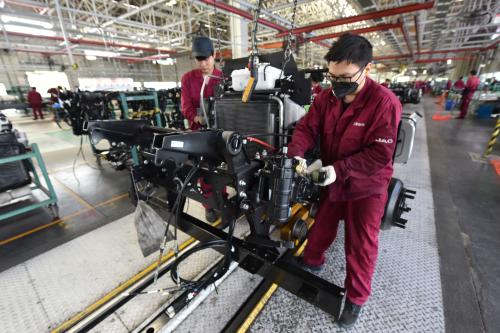
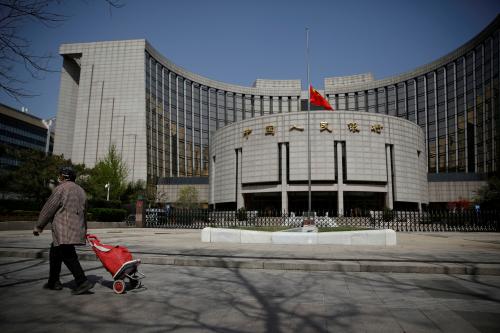
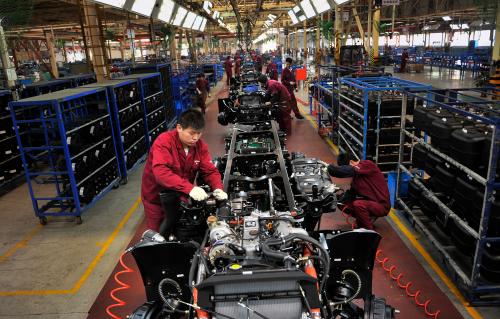

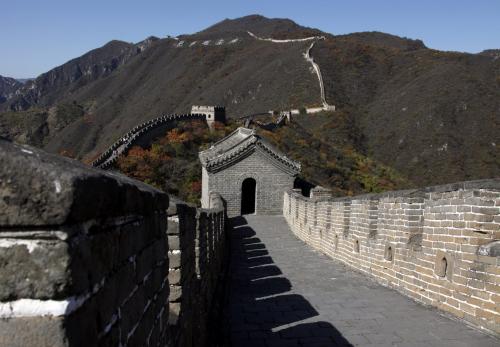
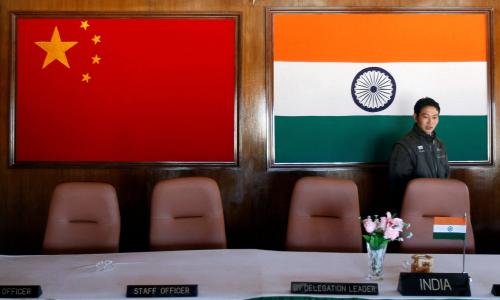
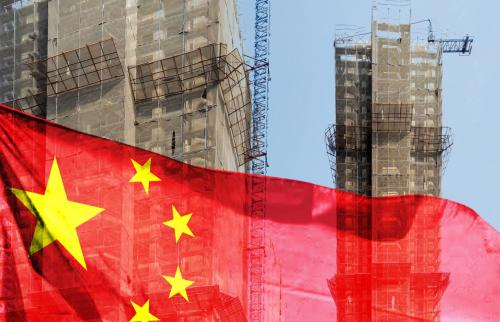
Commentary
How China’s city migration could help rebalance the economy
October 27, 2016